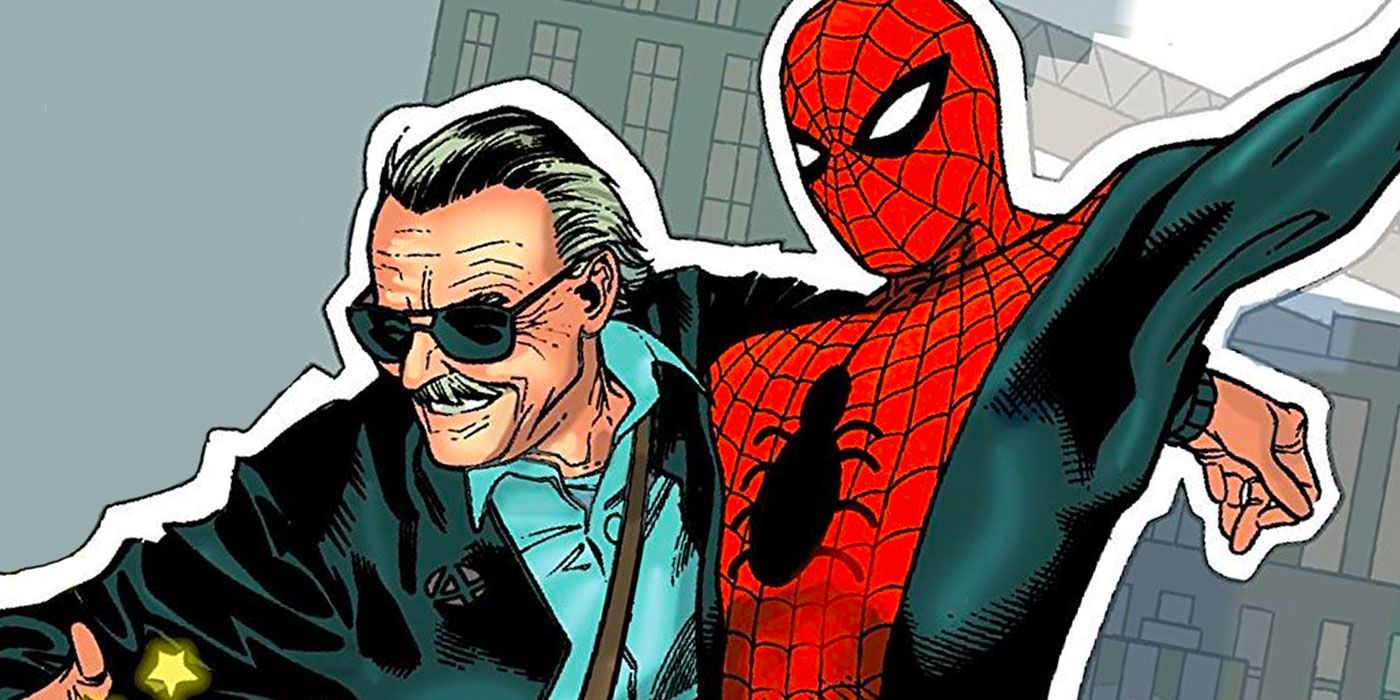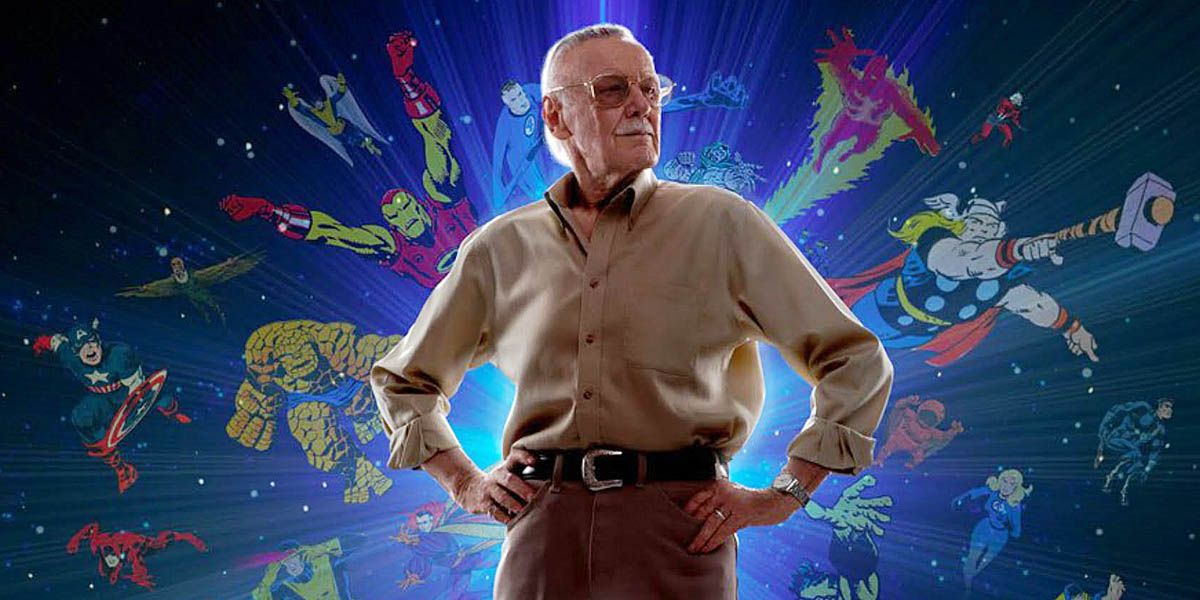News of the passing of comic book industry titan Stan Lee is still rippling through the world, with his family, friends, colleagues and everyone touched by his work flooding the Internet with heartfelt tributes. The legacy of a man who helped create some of the most iconic characters in pop culture is a hard thing to quantify in words -- other than perhaps his own, which are what many are taking solace in this week. Comics are primarily a visual medium, but under the bright colors and punchy graphics, they're driven by literary sources and ideas, and the Marvel legend never let us forget that.
Among the commemorative pieces being shared are a pair of "Stan's Soapbox" columns unearthed from the late '60s in which Lee spoke out passionately against intolerance. "Let's lay it right on the line," he wrote in December 1968. "Bigotry and racism are among the deadliest social ills plaguing the world today. But, unlike a team of costumed supervillains, they can't be halted with a punch in the snoot, or a zap from a ray gun. The only way to destroy them is to expose them -- to reveal them for the insidious evils they really are. [...] Sooner or later, if man is ever to be worthy of his destiny, we must fill our hearts with tolerance." He signed this fiery rebuke off with a Latin phrase: "Pax et Justitia," peace and justice.
RELATED: Stan Lee, Legendary Comics Creator, Passes Away
It's clearly no coincidence that Lee started this addition to Marvel's famous "Bullpen Bulletin" letters pages in 1967, a year infamous in American history for race riots. As the country made massive strides towards greater equality -- passing the Civil Rights and Voters Registration Acts and ending the ban on interracial marriage -- cities disappeared behind walls of fire and smoke as racial tension boiled over. Detroit was worst affected with 43 dead and even more injured. The following year, the assassination of Martin Luther King Jr. lit the fuse in 100 more cities, with unnecessarily excessive force from the police only exacerbating the situation.
RELATED: Comics and Hollywood Pay Tribute to Stan Lee
"None of us live our lives in a vacuum," Lee wrote in 1970, "none of us is untouched by the everyday events about us -- events which shape our stories just as they shape our lives." Here, Lee directly addressed readers who had been disgruntled by his "moralizing," a bell continues to be rung to this day. "They [Marvel comics readers] take great pains to point out that comics are supposed to be escapist reading and nothing more. But somehow, I can't see it that way. It seems to me that a story without a message, however subliminal, is like a man without a soul."
It's alarming and disappointing that so much of what Lee railed against over 50 years ago still feels so prescient in 2018. He also made mention in the same column of his talks at college campuses where "there's as much discussion of war and peace, civil rights, and the so-called youth rebellion as there is of our Marvel mags per se," and Lee continued to connect with people, face-to-face, as recently as last year. A 94-year-old Lee recorded a video message for Marvel's YouTube channel in response to the violent white nationalist rally in Charlottesville, Virginia in August 2017, reaffirming that Marvel's stories "have room for everyone, regardless of their race, gender, religion or color of their skin. The only things we don't have room for are hatred, intolerance or bigotry."
RELATED: Stan Lee Shares What He Loves About Spider-Man
Superhero comics have long been criticized for not practicing what they preach. The X-Men are Lee's most thinly-veiled metaphors for the heated racial tension of the era they were created in; literal social justice warriors "protecting a world that hates and fears them." Yet, the mutant community -- and superheroes in general -- only began to more proportionately reflect the diverseness of the real world fairly recently. As you'd expect from a lifelong social justice warrior, Lee welcomed these changes. In 2015, when an interviewerasked to hear his thoughts on Iceman, one of his creations, coming out as gay, he was delightfully surprised. "Wow, I never knew that. I don't care what happens as long as they tell good stories, and they do."
Nearly a half a century ago, Lee helped put the "human" in superhuman, but perhaps more importantly, he used his platform to also remind us of our own humanity.


